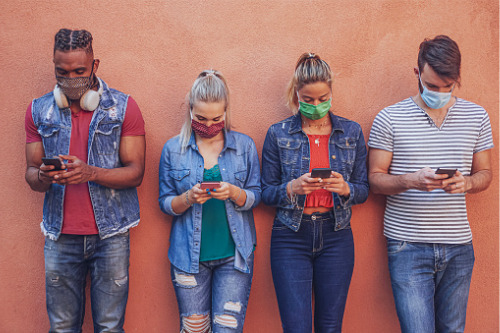

The Federal Government reported last year that an increasing number of young Australians are ditching their private health insurance despite the COVID-19 pandemic. Now, private health insurers are redefining their offerings to remain relevant.
Last year, the Federal Government revealed that over 29,000 Australians cancelled their health insurance from March to June 2020, with many young members feeling that the product was not worth it anymore as they did not have access to services that their policy would cover.
With children now allowed to stay under their parents' policies until age 31, private health insurers took action to lure young members.
For example, AIA Health offers Uber Eats and shopping vouchers in a bid to lure new members.
“The industry recognises it's a question of adding value with health insurance,” said AIA Australia chief executive Damien Mu, as reported by The Sydney Morning Herald (SMH).
“There's an opportunity to be part of our members' everyday life, not just when something goes wrong. The conversation around how we can bring that personalisation and cover is now being had.”
Bupa also adapted to the changes resulting from the pandemic by offering a more personalised, relevant, and affordable product.
“Customers now have more choice and flexibility, across the combination and types of cover they can get, how and when they contact us, and also in the type of health care services they can claim,” said Bupa managing director of health insurance Emily Amos, as reported by SMH.
“We are now funding physiotherapy, psychology, and a range of other extras delivered via telephone, text messaging, and video conferencing.”
Meanwhile, Members Health has introduced $250 million worth of customer support and hardship measures.
Members Health chief executive Matthew Koce commented: “The benefits and need for the private system has never been more apparent, especially given growing alarm at public hospital waits, which have blown out to well beyond a year.”
